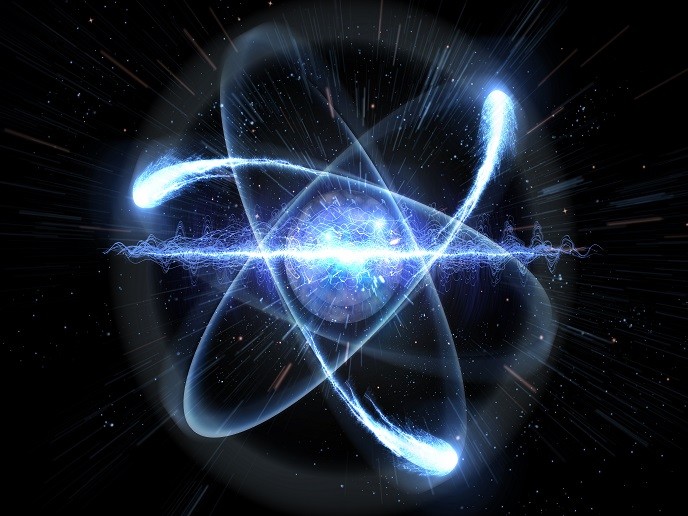Cultural evolution and social learning
How and why did human capacity for culture evolve? What brought about social learning, innovation and teaching, and how has natural selection influenced their operation? EVOCULTURE (The evolution of culture) was an EU-funded project that addressed these questions. Two international competitions were held to identify effective social learning rules. Entrants proposed learning strategies that competed against one another via computer simulations. Findings indicate the value of social learning, particularly from young successful individuals and from locals in a spatially variable environment. A thorough experimental investigation was also conducted on one species of stickleback fish and their adaptive specialisation in learning that allows them to gather foraging information. Statistical methods were applied to infer casual influences to explore the evolution of brain and culture. A link between brain size and measures of cognition was established. Additionally, the researchers developed gene culture co-evolutionary models of the way social learning, innovation and teaching evolved. As a result, the ways that cognitive and social factors have shaped the evolution of innovative behaviour can be better understood. Experimental studies were also conducted on the dispersion of innovations in birds and fish. The data has been used to develop innovative analytical tools that can help identify social learning in natural animal populations. Results have been disseminated in books, papers, software packages, conferences, workshops and an exhibition for the general public. They will be useful for a wide array of academic disciplines such as biology, psychology, anthropology and archaeology.







